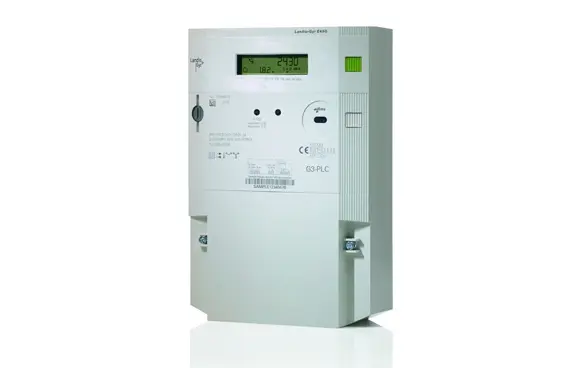Smart Metering

Function: Smart metering is the basis of the Smart Grid. Smart Grid is an intelligent, digital and self-controlling energy system that transports gas, electricity, water and district heating from production and storage sites to the place of consumption. It is based on two-way communication between production and consumption. Smart meters are installed on site at the end consumer and are the basis for intelligent measurement, monitoring and control of the Smart Grid, e.g. for the demand-based use and storage of electricity from the local PV system. Consumption data is thus recorded, stored and issued to customers and grid operators. On the basis of this data, consumers and storage facilities can be precisely combined, bills can be issued, maintenance teams can be commissioned, customer services can be improved and consumers can be informed about their current electricity consumption.
Advantages: Optimized resource consumption and peak loads on supply networks are reduced, as are costs for network expansion. Coordinates the timing of decentralised and periodic energy production (e.g. through PV or wind energy) with the use of energy-intensive consumers (e.g. boilers, heat pumps or charging electric cars during energy production peaks or at night). Enables flexible tariffs in real time to optimize capacity utilization.
Examples: Smart meters are defined for the electricity market in the Federal Energy Strategy 2050 and were adopted by the people in May 2017 as a revision of the Energy Act. By 2027, 80% of Swiss households should be equipped with a smart meter. Already mandatory in parts of the EU (Scandinavia) or rejected as economically too costly (Germany).